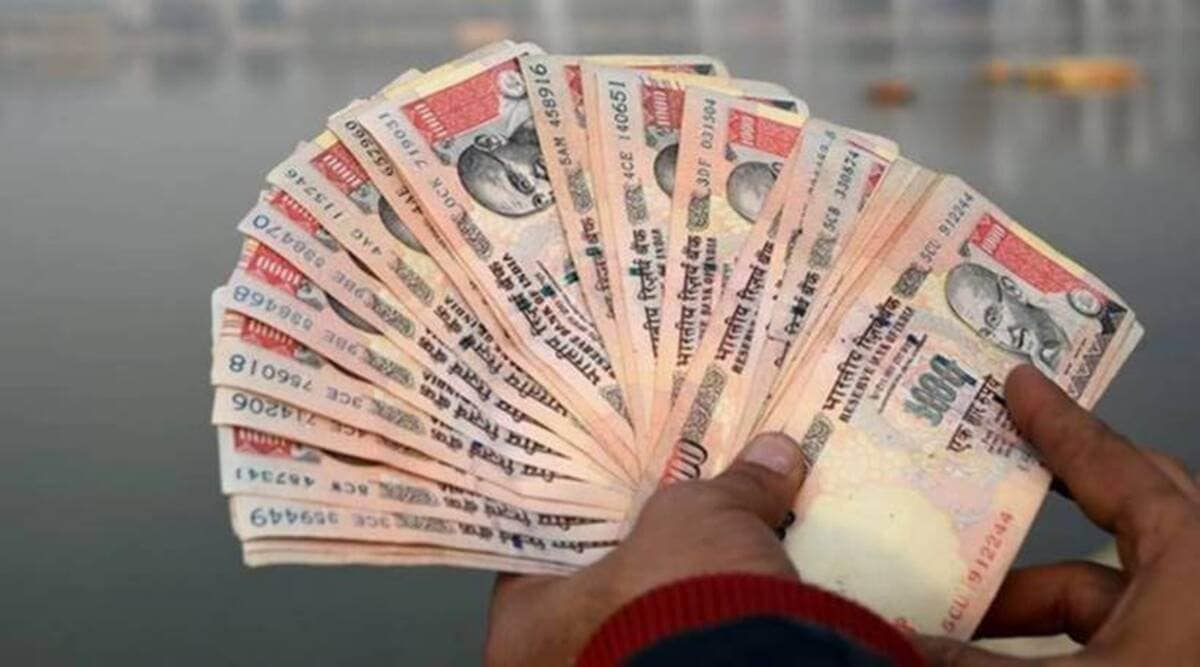 SC says it will examine whether the demonetisation has become a mere "academic" exercise.
SC says it will examine whether the demonetisation has become a mere "academic" exercise.Observing that it is aware of the “Lakshman Rekha” in matters of government policy, a Constitution Bench of the Supreme Court Wednesday said it will examine the procedure followed and the manner in which the 2016 demonetisation exercise was carried out before deciding if the issue is only academic now.
The matter will be heard November 9.
Justice B V Nagarathna, one of the five judges of the Constitution Bench hearing a clutch of petitions challenging the demonetisation of Rs 500 and 1000 currency notes, said, “The wisdom of the government is one aspect of the matter, and we know where the Lakshman Rekha is. But the manner in which it is done and the procedure is something which can be examined. But for that, we need to hear… Any declaration one way or the other is for posterity and I feel it is the duty of the Constitution Bench to answer it one way or the other.”
Her remarks came as the Centre took the stand that in view of the subsequent developments and passage of time, it had now become an academic issue.
After a preliminary hearing, the bench, presided by Justice S Abdul Nazeer and also comprising Justices B R Gavai, A S Bopanna and V Ramasubramanian, asked the Centre and the Reserve Bank of India to submit their response to the petitions.
(In November 2018, The Indian Express reported that less than four hours before the Prime Minister announced demonetisation on November 8, 2016, the Central Board of the RBI gave its approval to the scheme but also rejected, in writing, two of the key justifications — black money and counterfeit notes — that he would make in his televised address to the nation.
The minutes of the 561st meeting of the RBI’s Central Board, which was convened in New Delhi at 5.30 pm that day, revealed that the central bank’s directors described the move as “commendable” but also warned that demonetisation “will have a short-term negative effect on the GDP for the current year”.
The RBI directors, after receiving a proposal draft of the scheme from the Ministry of Finance on November 7, 2016, argued that the government’s reasoning, that the withdrawal of HD (high denomination) currency notes of Rs 1,000 and Rs 500 would help in curbing black money and restrict circulation of counterfeit cash, did not really hold good.)
Attorney General R Venkataramani told the Bench that the challenge cannot be in abstract but needs to be in proper perspective. “The issues are academic and there are political implications,” he said.
Solicitor General Tushar Mehta too said that the issue is academic, and that individual cases of hardship can be looked into independently.
Senior Advocates Shyam Divan and P Chidambaram, appearing for the petitioners, opposed this and said it involved issues of Constitutional importance.
Justice Nagarathna said “when issues of Constitutional importance are referred, it is the duty of the court to answer them” and wondered whether it has become a fait accompli in the present case.
Chidambaram said the issue of whether the government can invoke the Reserve Bank of India Act, 1934 to demonetise entire currency notes of a particular denomination is very much alive and if it is not answered, the government may repeat it in the future as well.
He said the issue needs to be examined on the doctrine of proportionality too as 86% currency notes were rendered invalid by the decision.
Mehta said the Supreme Court has not applied the doctrine of proportionality to test questions of economic policy. He said it is essentially the preserve of the executive and depends on factors such as terror-funding.
The Bench said it can say the issue is academic only when both sides agree but in this case, there is a point and a counterpoint.